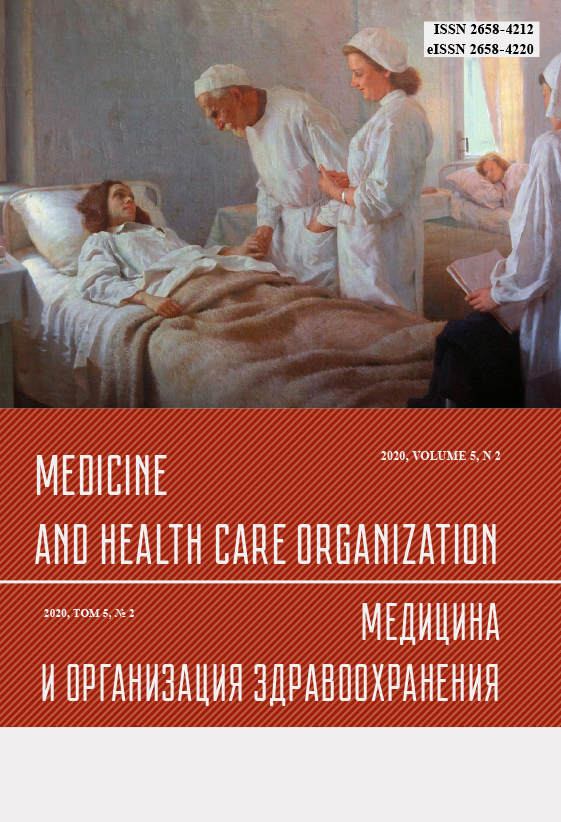Fritz Jahr’s (1895-1953) European concept of bioethics and its application potential
Abstract
In 1926 the protestant theologian Fritz Jahr (1895-1953) from Halle defined the European concept of bioethics in a broad sense. Jahr developed his concept as a moral obligation not only towards humans, but all living beings and phrased it as an imperative: “Regard every living being in principle as an end in itself and treat it accordingly as far as possible.” Jahr suggests a physiocentric or biocentric point of view which allows for a broad range of application possibilities in the 21st century. He created a new foundation for ethics, consisting of compassion, sympathy and empathy. Due to scientific discoveries and the improvement of empirical research, the distinction between humans and animals is outdated. The development in science leads towards “bio psychology” - the psychology of life itself - and furthermore directly to “bio ethics”. Jahr stated, that a new kind of ethics is needed which expands beyond the protection of human dignity and also includes other living beings. Jahr’s formulation of the bioethical imperative is based on St. Paul’s, Wagner’s and Schopenhauer’s ideas. In his lifetime, Fritz Jahr’s conceptual ideas have not been influential, but in our century his works receive their appropriate analysis and appraisal. Today Jahr’s approach is considered a fundamental paradigm shift in science and a ground breaking contribution to bioethics. Jahr bridges the gap between philosophical and theological ethics as well as science. This approach can be understood as the starting point in establishing an interdisciplinary ethical reasoning on the topic on xenotransplantation and other related issues.



